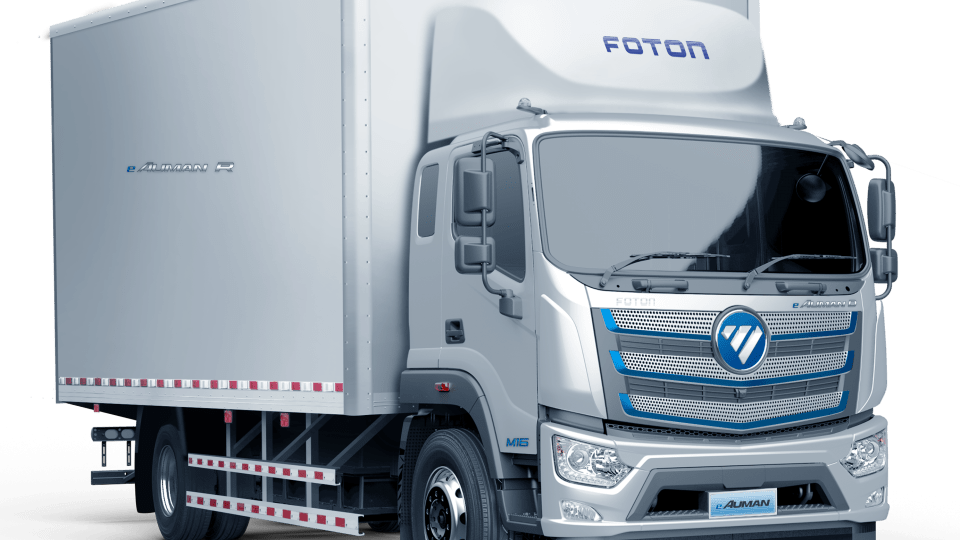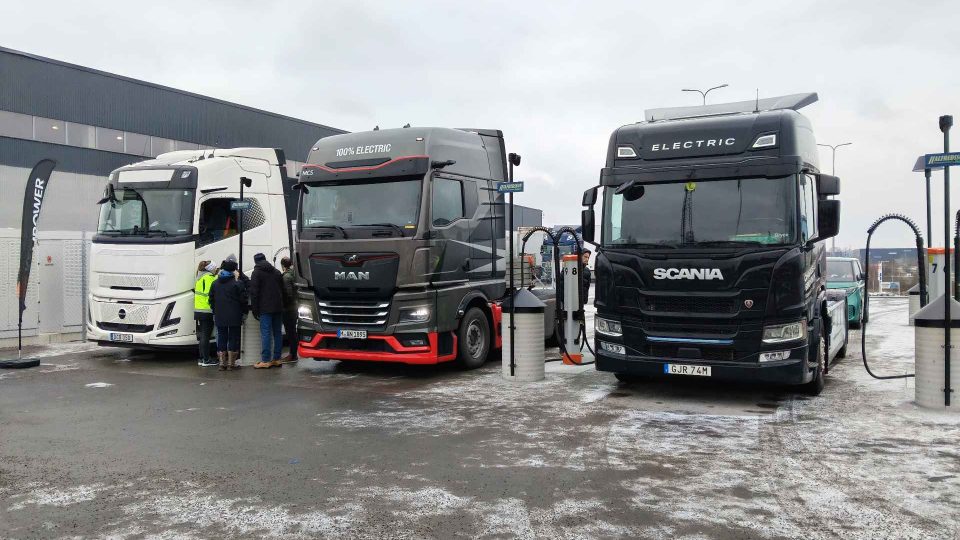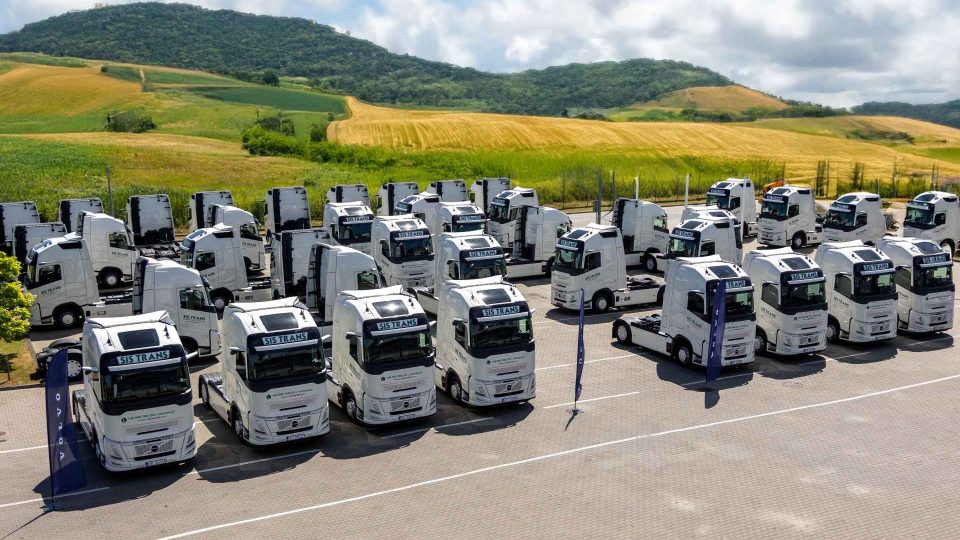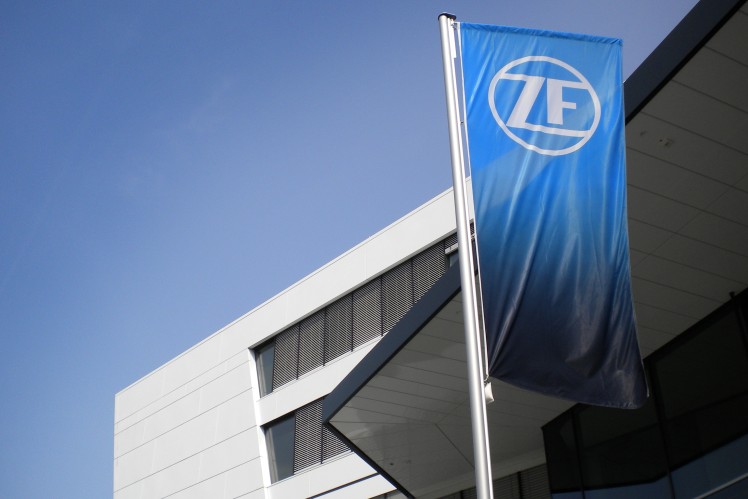TRATON Group to increase investments in e-mobility to €2.6 billion by 2026
Clear focus is put by TRATON on battery electric drives, including in long-haul transportation. In fact, according to the Group, pure battery electric trucks have a clear advantage over their hydrogen counterparts: three quarters of the energy output are used to power electric vehicles, compared to one quarter for hydrogen ones.

TRATON Group will invest about 2.6 billion euros in research and development related to e-mobility by 2026. It is a significant increase compared to the previous 1.6 billion euros planned by 2025. At the same time, the global group with strong footprint in commercial vehicles announced that «the share of conventional drives in the product development budget will be scaled back accordingly». The brand belonging to the TRATON Group are also conduction quite a lot of research in the field of autonomous driving, as we wrote in this post.
TRATON Group: focus on BEV trucks
Clear focus is put by TRATON on battery electric drives, including in long-haul transportation. In fact, according to the Group, pure battery electric trucks have a clear advantage over their hydrogen counterparts: three quarters of the energy output are used to power electric vehicles, compared to one quarter for hydrogen ones. «This is why our priority is investing in fully battery electric vehicles (BEVs). Our aim is for 50% of our long-haul trucks to be zero-emission by 2030 — provided the corresponding regulatory mechanisms and infrastructure are in place», said Christian Levin, CEO of TRATON.
The TRATON GROUP intends to work with Daimler Truck and the Volvo Group to establish a public charging network for battery electric heavy-duty trucks and coaches as part of a joint venture. All partners already signed a binding agreement at the end of 2021, which is now subject to antitrust approvals. The plan is to install at least 1,700 high-performance green energy charging points across Europe within five years of the establishment of the joint venture.
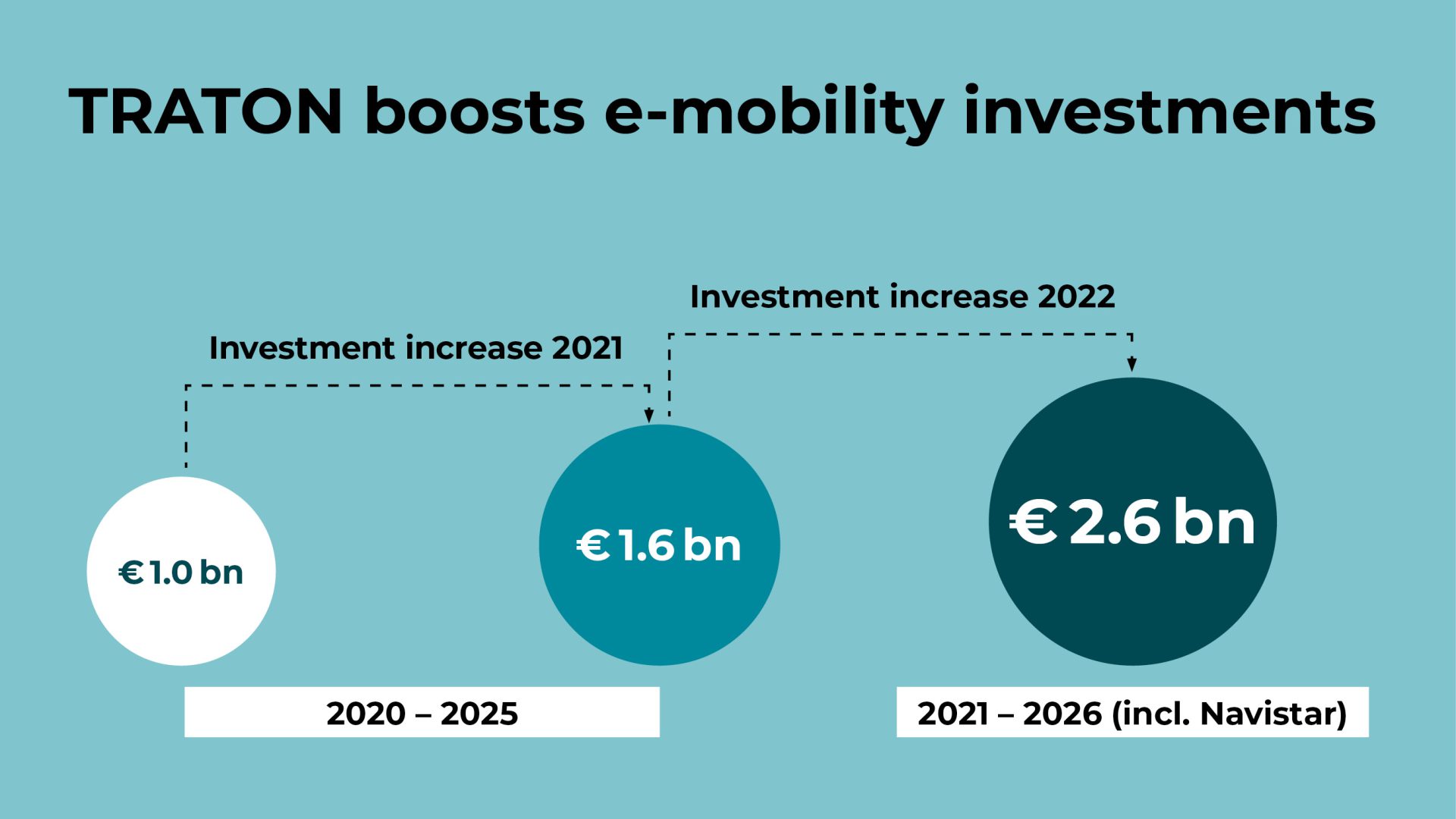
«A leading role in sustainable transportation»
«Together with its brands, the TRATON GROUP will assume a leading role in sustainable transportation», added Levin. «This is why we have consistently aligned our planning for the next five years to focus on battery electric drives. These drives are clearly the greenest, fastest, and most affordable solution for our customers, even for long-haul transportation, although hydrogen may prove to be a useful addition in certain niches. Since trucks are charged primarily during peaks in supply and troughs in demand, even the power load on the grid is moderate. This is why we should focus on creating the infrastructure we so urgently need. Establishing the fast-charging network for passenger cars also offers a unique opportunity for synergies».



